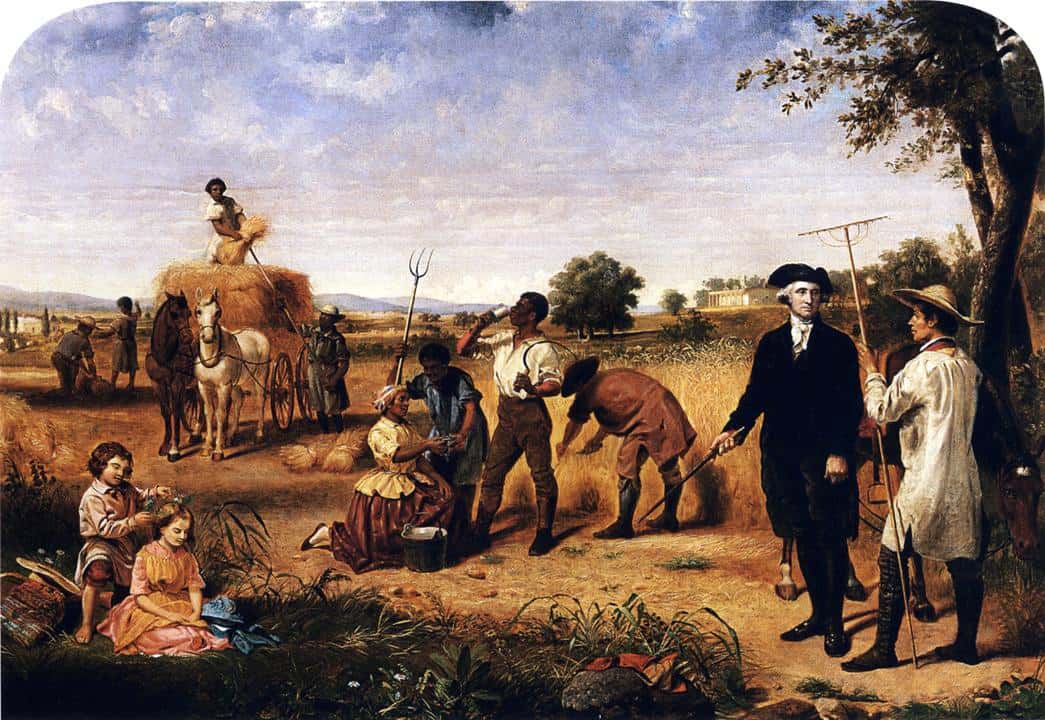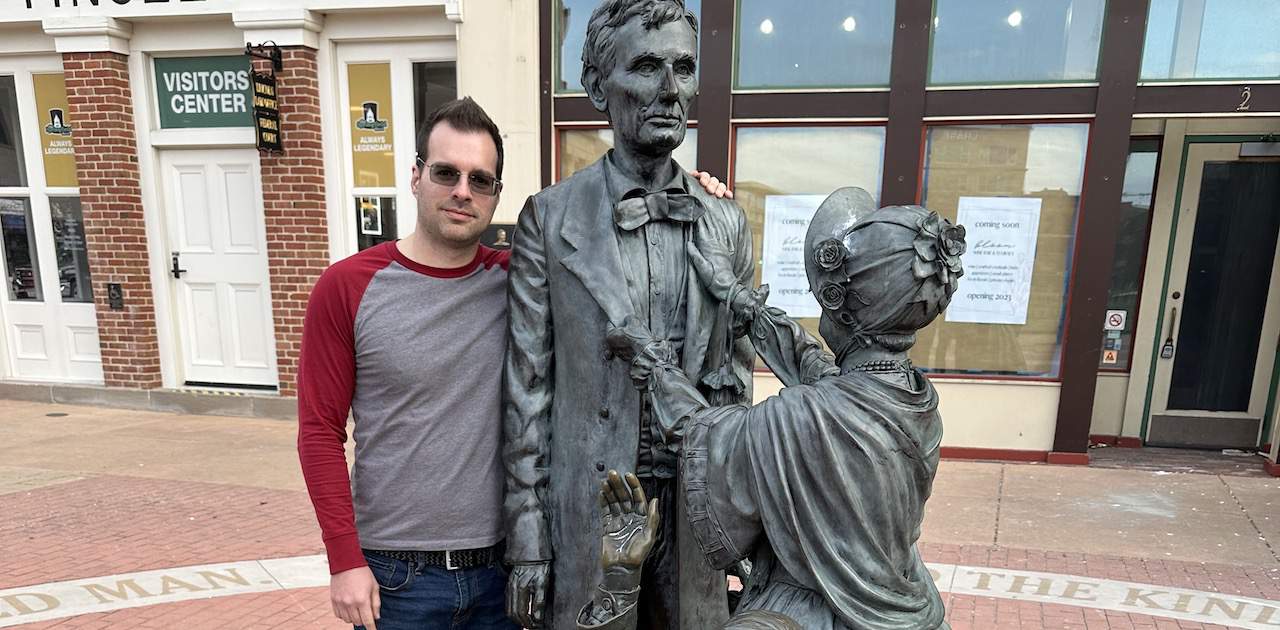I saw a tweet a few weeks ago and jotted it down. I couldn’t find a canonical author, however:
According to UShistory.org, 41 of 56 of our Founding Fathers owned slaves. Between them, Washington and Jefferson owned 917 slaves. Jefferson had a long-term relationship with his slave Sally Hemings, with whom he had several children—and he used them as house servants. There is a long, sad history of slavery in the USA.
There are other tweets swirling around from a Fox News segment where someone said the founders were against slavery. Twitter being what it is, predictably attempted to skewer them with these numbers on slave ownership.
Perhaps one of the most surprising things to me as I’ve read and understood history is, yes, many founders owned slaves. And, perversely, many were against it.
How can a person be against something and still take part? Surely something as abhorrent as slavery should be easy to fix. But it wasn’t. And I’ve spent months—maybe years—trying to find a modern analogy to understand the economics of slavery. The pandemic has given us an answer.
The economics of slavery
The gist:
- For much of the early dozen or so years of the US, every state among the original thirteen had or allowed slavery to some degree or another. Slavery was just in the fabric of the economy and nation like technology and the Internet is today.
- The only early US president to not own slaves was John Adams. The next not to own slaves was his son, John Quincy. Both on moral grounds they thought it abhorrent. Wife and mom Abigail Adams is likely a big reason for that.
- Many people who didn’t own slaves, like John Adams, didn’t operate large commercial farms.
- Founders and early leaders like George Washington and Thomas Jefferson operated large farms. They had slaves and we know from Washington’s letters and others’ correspondence, no one could figure out how to free their slaves and maintain their farm’s economy.
- Competing farms in the south who were never going to free their slaves would be able to sell products much cheaper than those without slaves.
This is like businesses today that would like to pay a higher starting wage. If the floor is set at $7.25/hour and you sell deli sandwiches, you can’t just pay everyone $15/hour on a whim. You might like to, but even the most ardent supporter of a living wage recognizes math enters with unrelenting force. If your competitors don’t all up their wages at the same time and adjust the price of the sandwich accordingly, you’re stuck.
Assuming the deli owner isn’t taking all the income for themselves, even paying equal wages staff-wide, top-to-bottom, money doesn’t just appear. And not every deli sandwich can be some artisanal hand-made fresh-baked thing. The world needs low-priced deli sandwiches lest only the wealthy be able to afford them.
“But Justin, this is why having a minimum wage is important. It just raises the floor for everyone all at once.” Indeed, it does. But you still need the government to set it.
Herein lies the problem with slavery. Once you’re in it—as colonial America was because few saw major issue with it at the time—it’s hard to get the legislative action to undo it all at once. And as we know, “Just abolishing slavery” wasn’t going to sail through Congress. We fought a whole war over that!
History isn’t the past, it’s the present
We have to remember history is not the past. None of us today are walking around saying, “Look at us, living in the past. Lol, look at my funny pants!” No one knows what’s going to happen tomorrow, just as Washington and Jefferson and other founders didn’t know. They lived in their present.
You can deplore Jefferson’s sexual treatment of his slaves. Though some historians have skated close to wondering if it wasn’t consensual after Jefferson’s wife died. But their present was as embroiled in slavery as we are today in factory farming and sky-high tuition prices for college. (Please don’t mistake my tone for somehow equating slavery being no worse or better than chicken nuggets.)
Washington also famously rotated his slaves in and out of Virginia every six months to skirt a law that attempted to free slaves after six months of continuous servitude. This law, while well-meaning for the time, just didn’t go far enough fast enough to solve the economics problem.
Washington famously and with great consternation freed his slaves upon his and Martha’s death. It was the only way he could figure out how to set an example while recognizing the need to maintain their farm before they died. Perversely, this put Martha’s life in danger because once George died, the still-held slaves had a significant interest in hastening an aging woman’s death.
Yes, I recognize the folly of professing concern for a white man’s money over slaves. Washington was often considered the wealthiest man in America around 1776. He wasn’t, but he was fabulously wealthy from his land holdings. Washington is, however, a looming example. Many small farmers operated on much smaller scales with the exact same problem and not nearly an income to free slave and pay for labor. Like saying Amazon can afford to pay $15/hour, why can’t Wayne’s Deli? Not everyone gets to serve only rich people and not everyone gets to be financially wealthy.
Slavery is without a doubt at a nightmarish level of “worse things ever”. Lots of people recognized that even at the time of the American Revolution. But people in their present recognized larger threats, like the British. So they kicked the can down the road.
That can would eventually get picked up by Abraham Lincoln, whose very existence threatened the economic way of life for southern states used to fat margins on farm goods. Northern states that eventually banned or never had slavery (like the Midwest) either increasingly converted to industrial economies or were large enough on their own they weren’t real concerned about competing against slave-owning farmers hundreds of miles away.
A hundred years later and the connectedness from railroads made states “smaller”. The competing economic price wars of slave-holding vs. free farmers grew, northerners who recognized the horrors of slavery but no longer had an economic interest in it grew, and the right political leadership from Lincoln’s tight election victory finally untied the knot in the Civil War.


